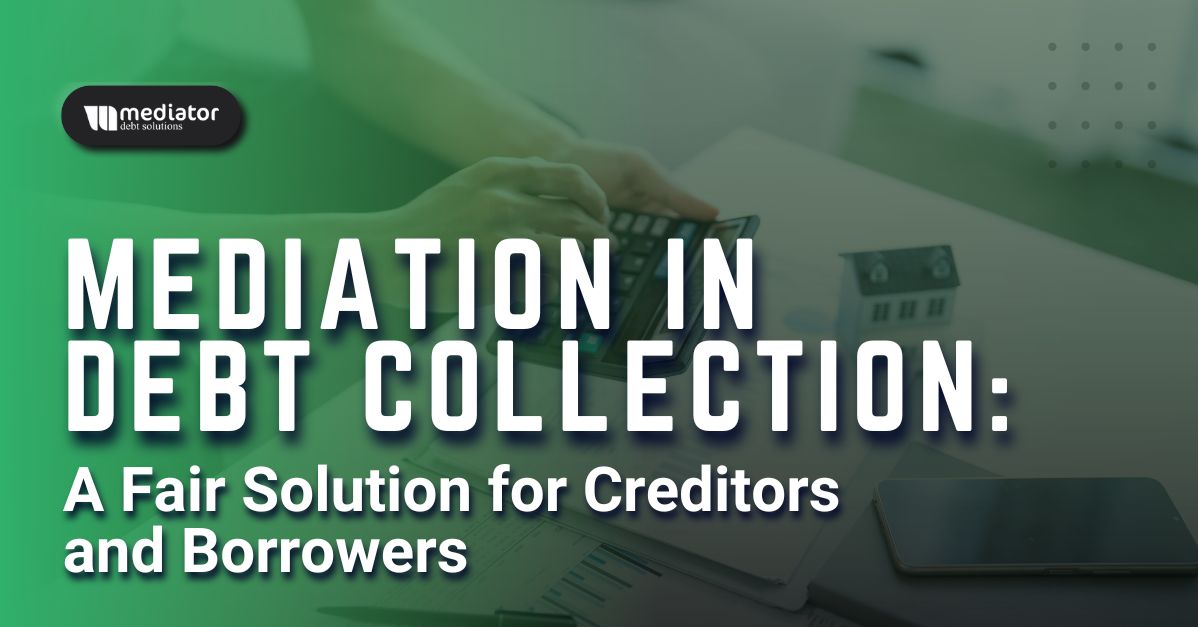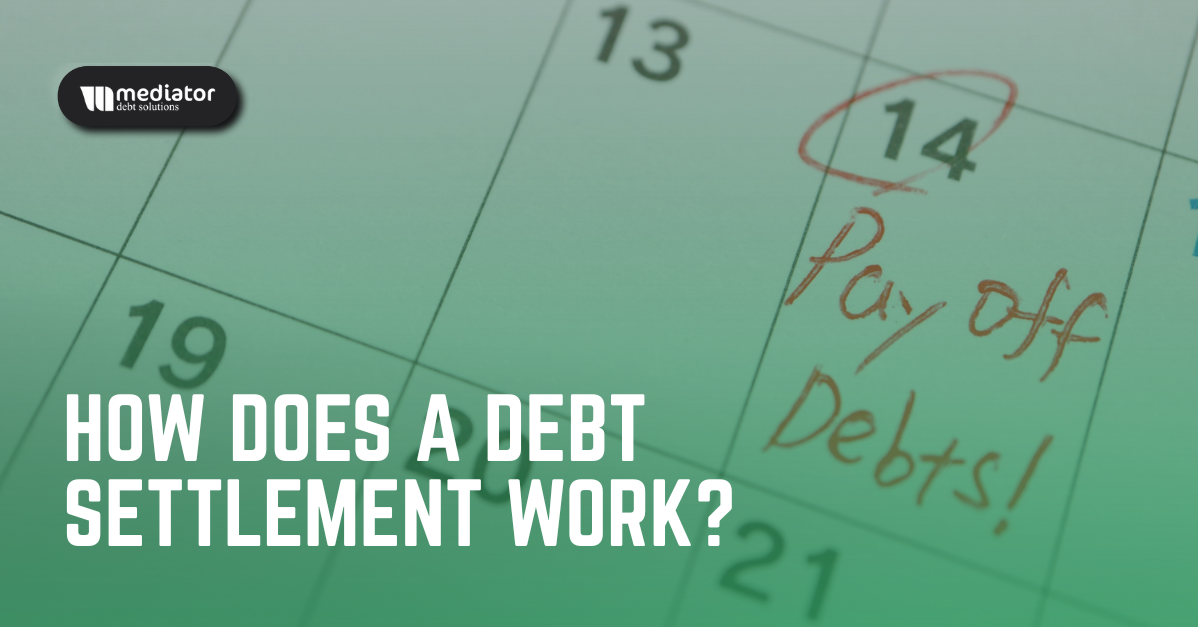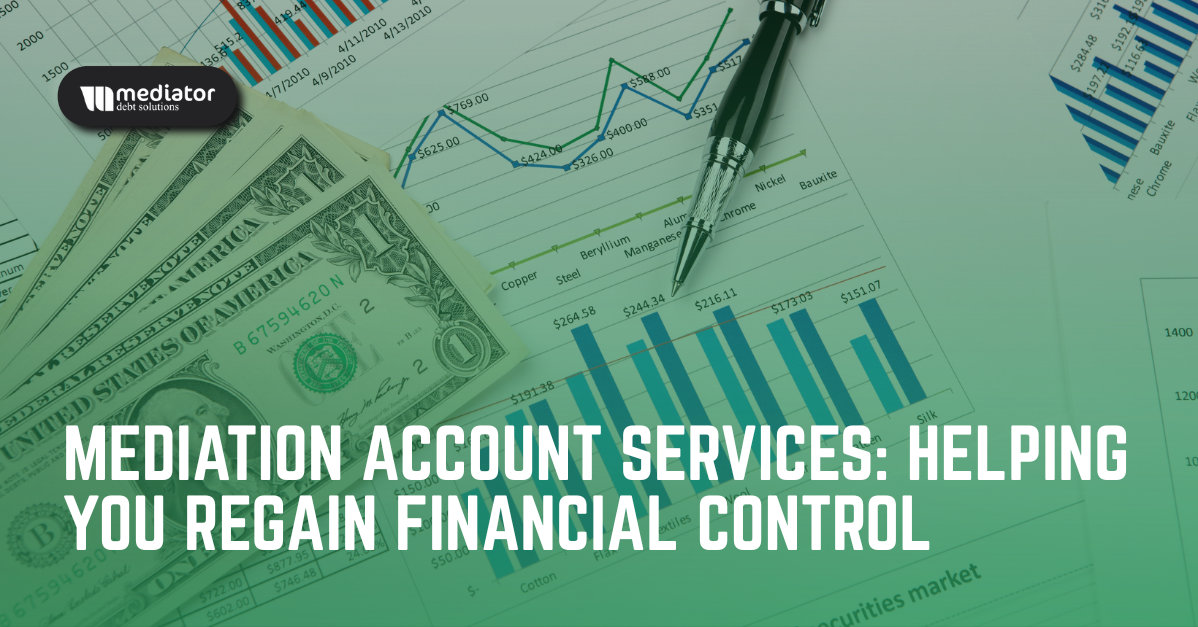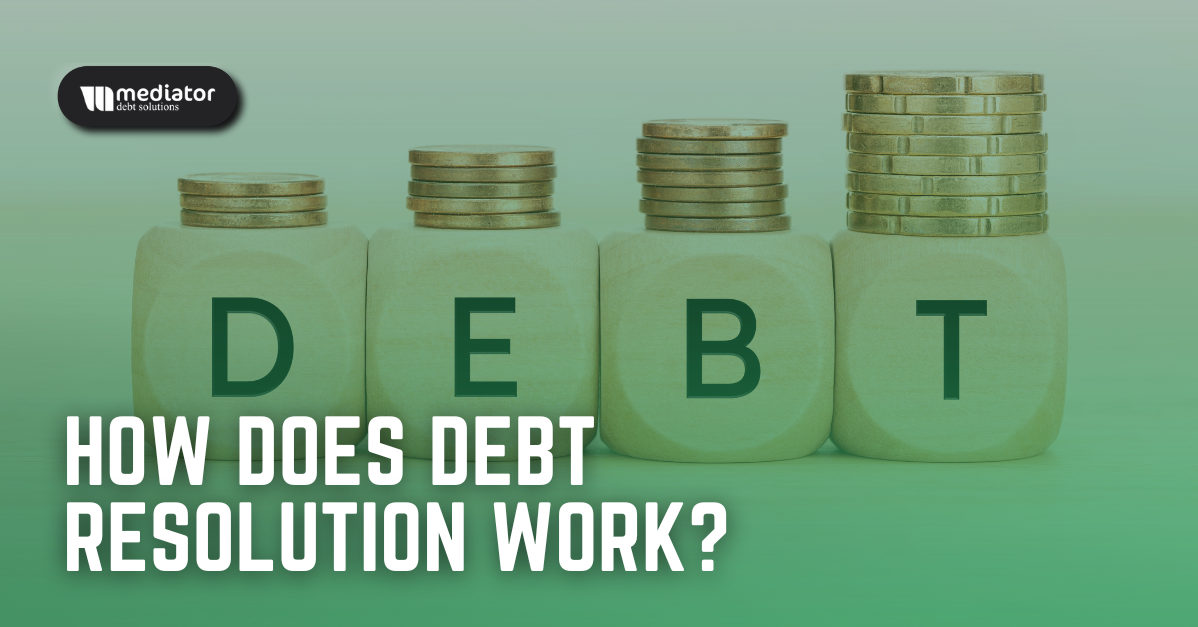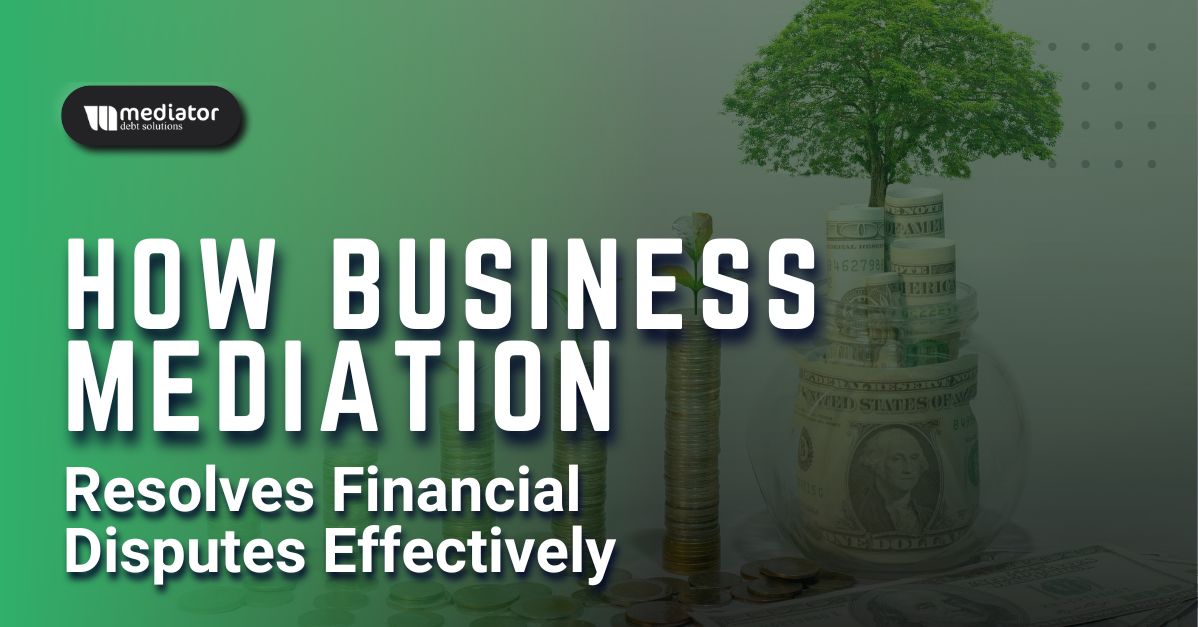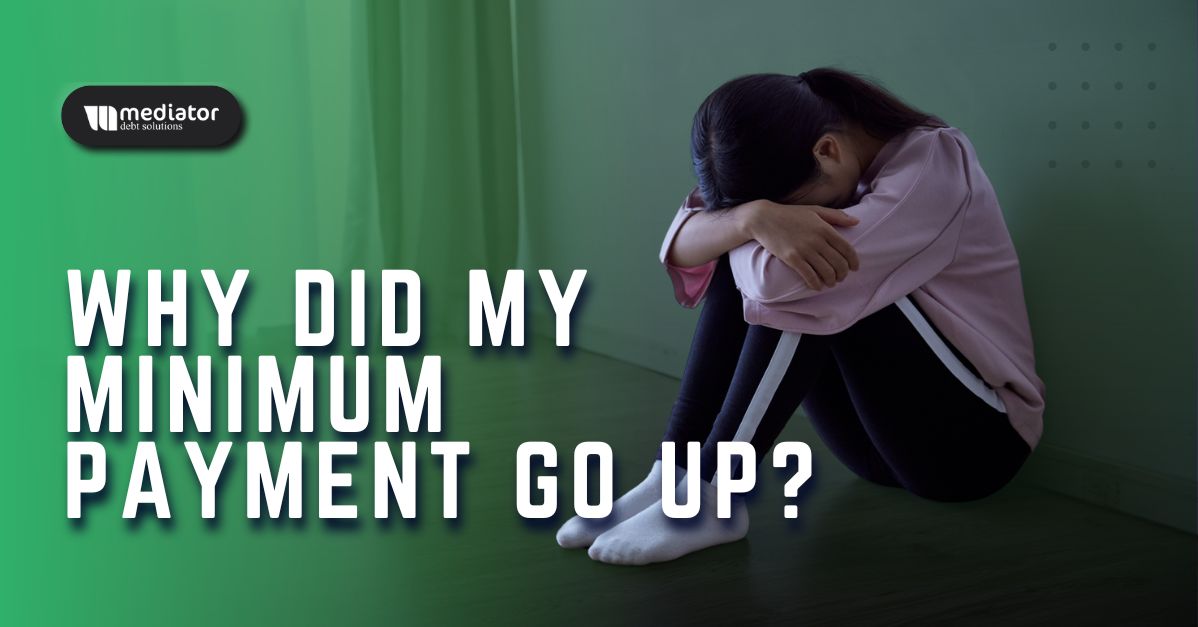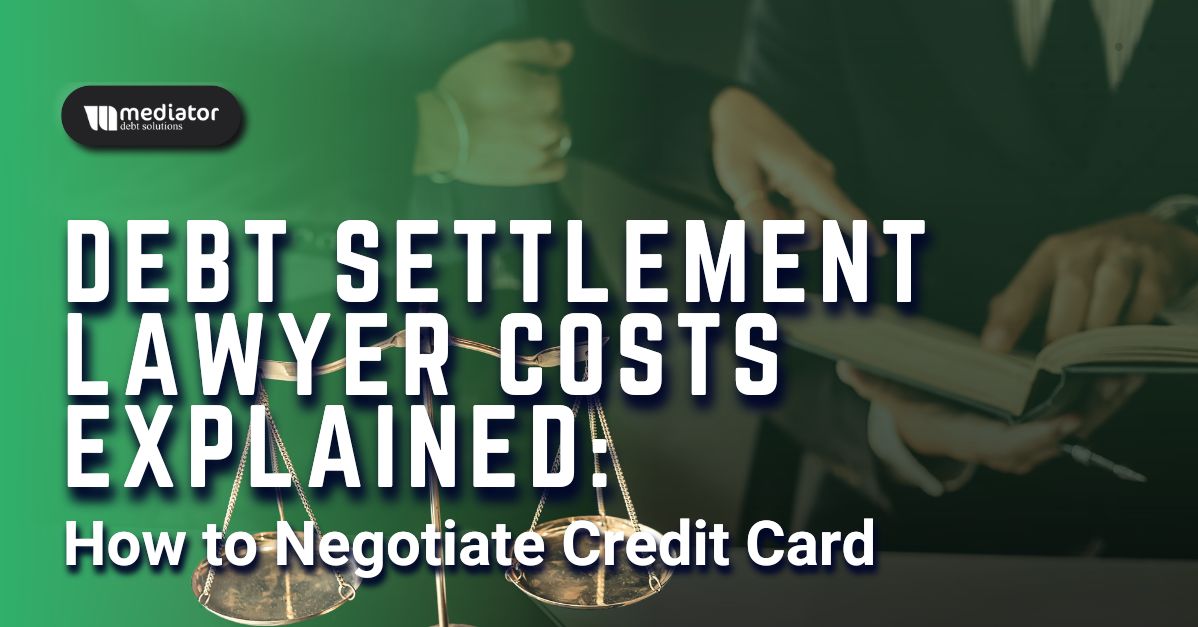Debt collection can be a stressful experience for both borrowers and creditors. Constant calls, mounting fees, and threats of legal action make resolving debts feel overwhelming. Mediation in debt collection provides a fair and cooperative alternative, helping both sides reach agreements without unnecessary conflict.

How Debt Collection Mediation Works
Mediation involves a neutral third party who facilitates communication between the borrower and creditor. The mediator’s role is to:
- Identify key issues and priorities from both sides
- Explore realistic repayment options
- Guide both parties toward mutually acceptable agreements
Unlike aggressive collection methods, mediation emphasizes collaboration over confrontation, protecting the rights of borrowers while allowing creditors to recover funds efficiently.

Advantages of Mediation
- Reduced Stress – Borrowers avoid constant collection calls and harassment, while creditors gain a cooperative partner in resolving debt.
- Consumer Rights Protection – Mediation ensures that all parties are treated fairly and that the process stays within legal guidelines.
- Positive Outcomes – Mediation can result in reduced balances, manageable payment plans, or extended deadlines, preventing defaults and lawsuits.
Professional services like Mediator Debt Solutions guide clients through the mediation process, ensuring that agreements are realistic, fair, and actionable. By fostering open communication, mediators help borrowers make payments they can afford while allowing creditors to collect efficiently.
Real-Life Results
Many borrowers who pursue mediation experience benefits such as lowered balances, structured monthly payments, and relief from harassment. Creditors also report higher recovery rates and fewer disputes. This cooperative approach creates a win-win situation for all parties involved.
If you’re dealing with debt collection issues, contact Mediator Debt Solutions to see how mediation can help you achieve a fair and manageable solution.
For more information on consumer protections during debt collection, the Consumer Financial Protection Bureau provides guidance: https://www.consumerfinance.gov/consumer-tools/debt-collection/

FAQs
Mediation is collaborative and voluntary, avoiding harassment and lawsuits. It focuses on realistic repayment agreements that satisfy both borrowers and creditors.
Yes. Through negotiation, mediators can often arrange for lower balances, waived fees, or adjusted payment schedules to make repayment manageable.
Agreements reached in mediation can be legally binding if both parties sign them, but the process is less formal and less adversarial than going to court.

